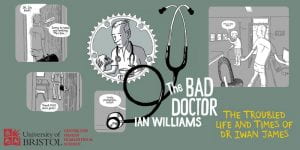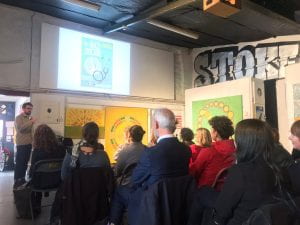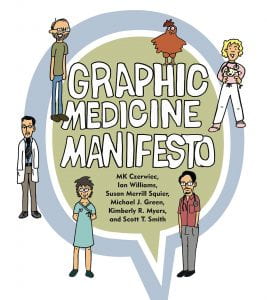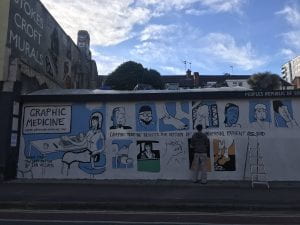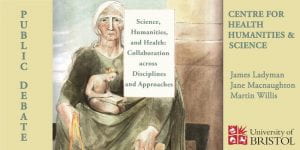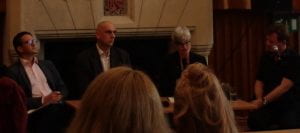Dr Jamila Rodrigues joined the CHHS on June 14th to present a talk entitled ‘Finding IKIGAI during times of crisis’.
Abstract
Our ways of overcoming times of crisis critically depend on cultural ideas of living well since cultures conceptualise/experience well-being differently. This topic has raised interest in the social sciences, especially since the COVID-19 Pandemic. Rodrigues’ appeal is to understand how different people express well-being in the life settings in which they live. This talk focused on Japan, and the concept of ikigai (生き甲斐), translated as “a purpose in life” to address the question: how do Japanese people seem to balance well-being, life meaning, and joy in life during pandemic crisis?
Firstly, Rodrigues drew from the Japanese participant’s narratives from a large-scale project, Experiences of Social Distancing during the COVID-19 Pandemic. She used Ikigai-9, a psychometric tool developed by Japanese scholars (Imai, Osada &Nishimura 2012), tested by scholars in the UK (Fido & Kotera 2019) to measure one’s reason for being through dimensions of emotions towards one’s life, one’s future, and the acknowledgment of one’s existence. Rodrigues proposed that ikigai is one way of looking at well-being from a cultural basis that helps people to make sense of their “being in the world” during times of crisis (i.e., COVID-19 Pandemic).
Secondly, Rodrigues presented the topic of her JSPS fellowship, which stems from the COVID-19 Pandemic Survey’s initial findings. The aim is to develop a framework that she calls “embodied ikigai,” based on cultural phenomenology (Csordas 1993), phenomenology of illness (Carel 2017), psychology (Kamiya 1966), and anthropology (Mathew 1996) studies on ikigai and Japan and cultural identity (Tanaka 2019). Rodrigues wishes to explore the idea that the gendered body can be understood as the subject of experience and that our bodies are the existential ground of self and culture. Focusing on ikigai as a bodily felt experience, Rodrigues wishes to clarify how Japanese women perceive ikigai as a cultural idea or motive in their lived experience through crisis.
Bio
Jamila Rodrigues is a postdoctoral researcher in the Embodied Cognitive Science Unit at OIST, where she contributes as a qualitative researcher to the COVID-19 pandemic experience. Rodrigues is a former dancer with extensive experience working as an anthropologist, doing ethnographic fieldwork in Europe, Africa, South America, and East Asia on embodiment, gender, religious studies, and selfhood expression (Rodrigues 2018). For her Master’s degree in Dance and Anthropology at the University of Cape Town, she received a Leverhulme Travel Abroad scholarship (2010-2012). She received the Vice Chancellor’s Scholarship for her DPhil in Anthropology and Islamic Ritual Studies at Roehampton University, UK (2014-2017).
In 2020, Rodrigues was awarded a Great Sasakawa short trip scholarship to visit the International Research Centre for Japanese Studies (Kyoto), for which she also conducted preliminary fieldwork on Okinawan shaman’s (yuta) embodied ritual experience. Recently, Rodrigues was awarded a JSPS fellowship for her study on ikigai (生き甲斐), translated as “a purpose in life,” to analyse Japanese women’s narratives related to the role of the bodies in embodying ikigai during times of crisis.


